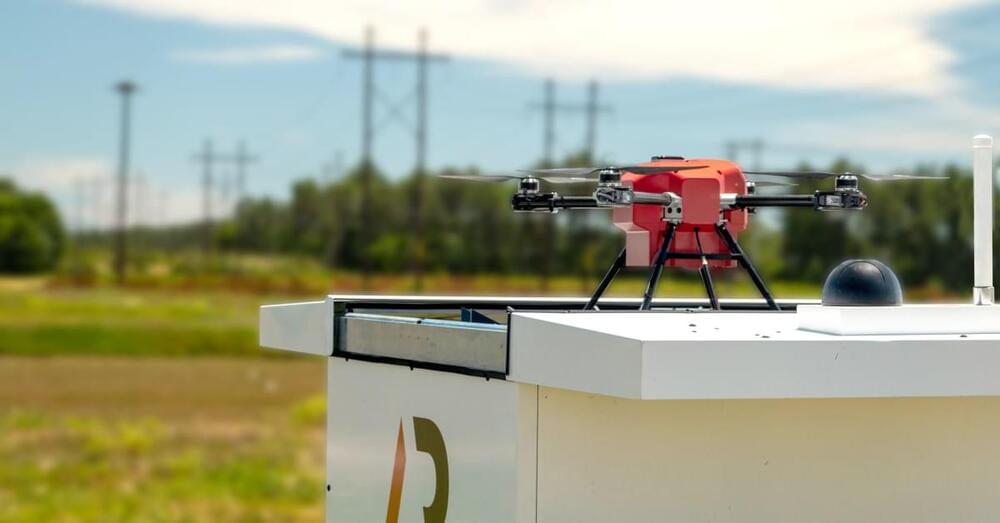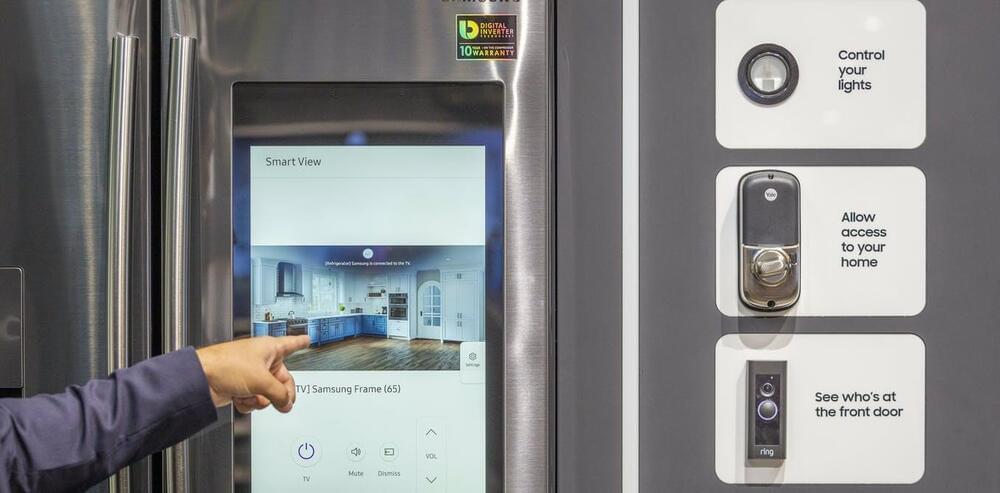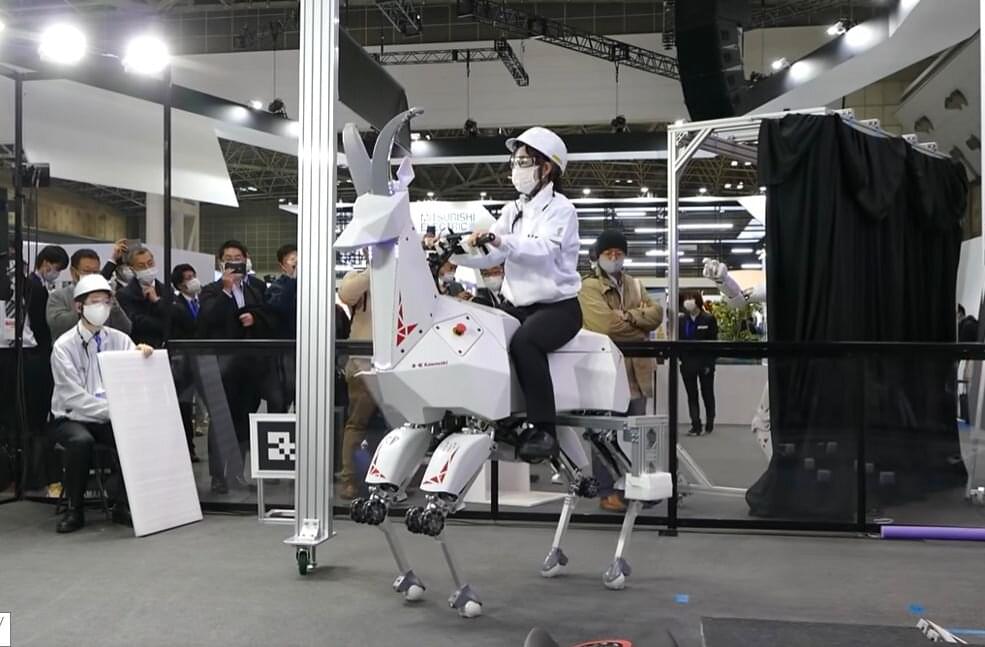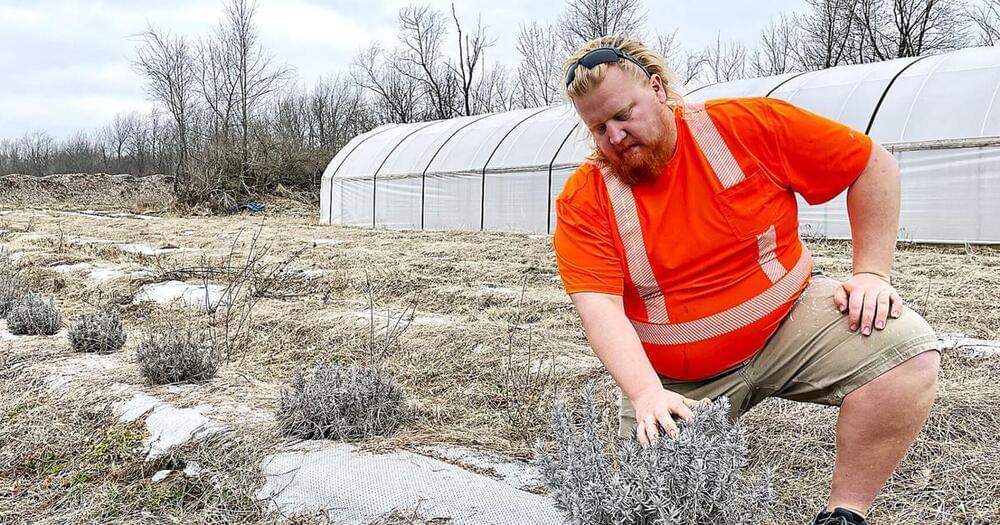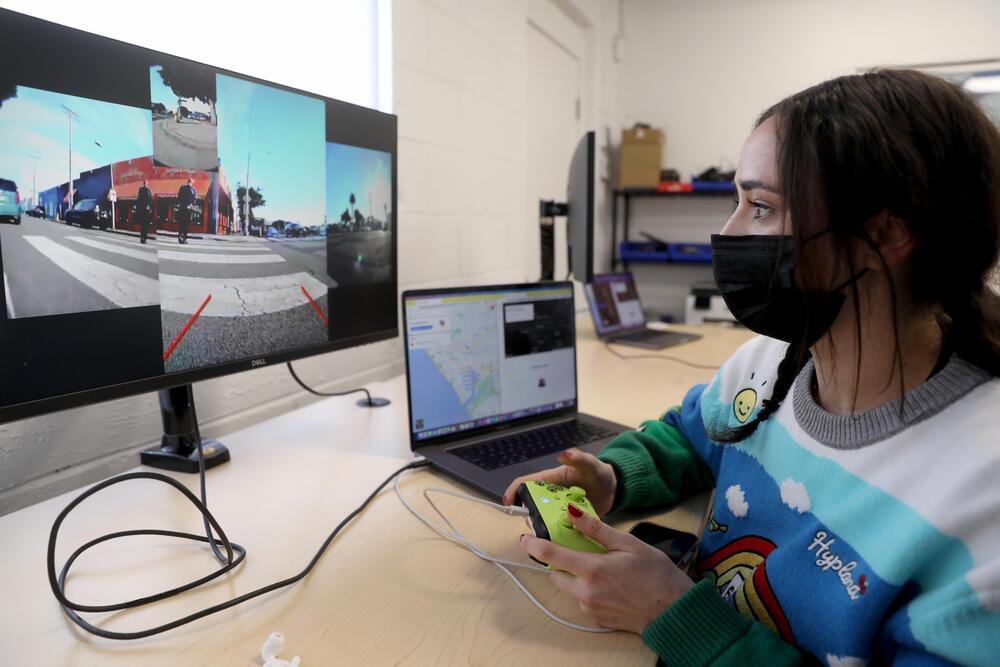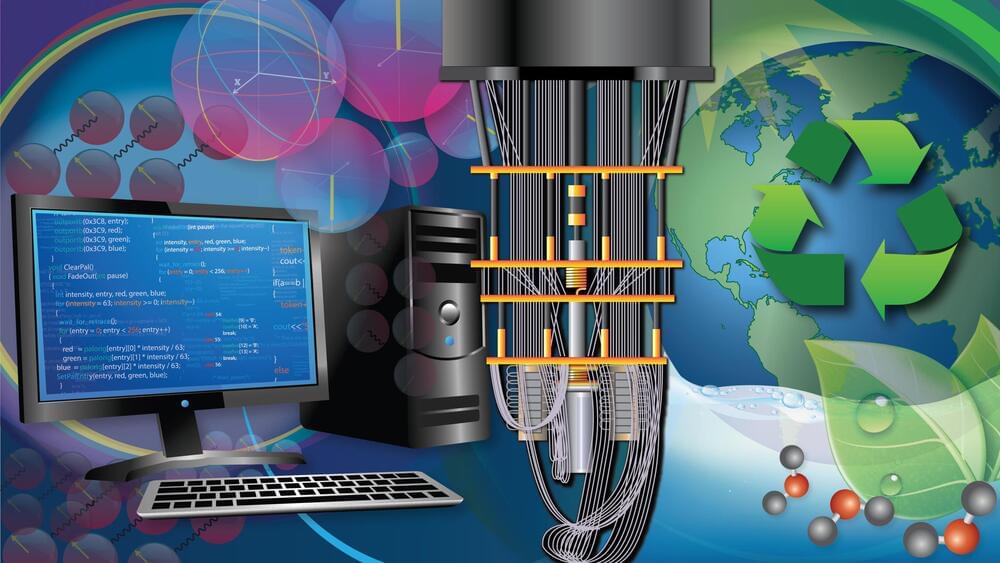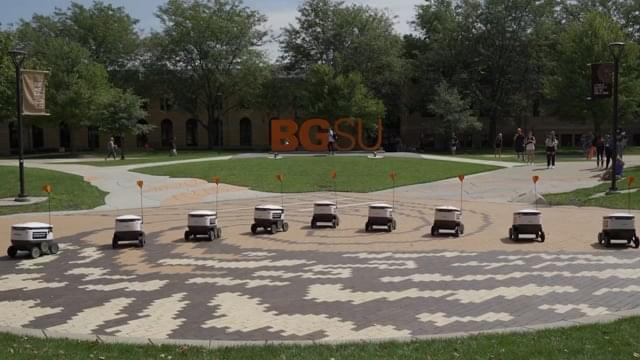Mar 25, 2022
American Robotics CEO Reese Mozer calls 2022 an ‘inflection point’ in automated drone services
Posted by Shubham Ghosh Roy in categories: augmented reality, business, drones, finance, food, robotics/AI
American Robotics CEO Reese Mozer has no beef with drone deliveries, but he thinks all the hoopla surrounding aerial transport of burgers and burritos is drowning out news about farther-reaching UAV activities that are dramatically changing the way businesses operate. He tells DroneDJ about that transformative innovation, and how American Robotics’s (AR) leading role in the complete automation of critical drone services to industry is set to take wing.
Nevertheless, Mozer adds, that action manages to generate sufficient media and public excitement to divert attention from the more complex, vital, and – in total financial terms – valuable surveying and inspection services drone automation provides heavy industry, energy, railroad, and infrastructure operators. And that’s precisely the UAV sector activity he predicts will begin taking off and turning heads this year.
